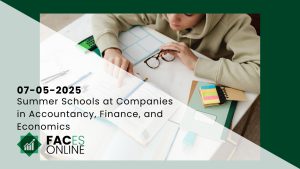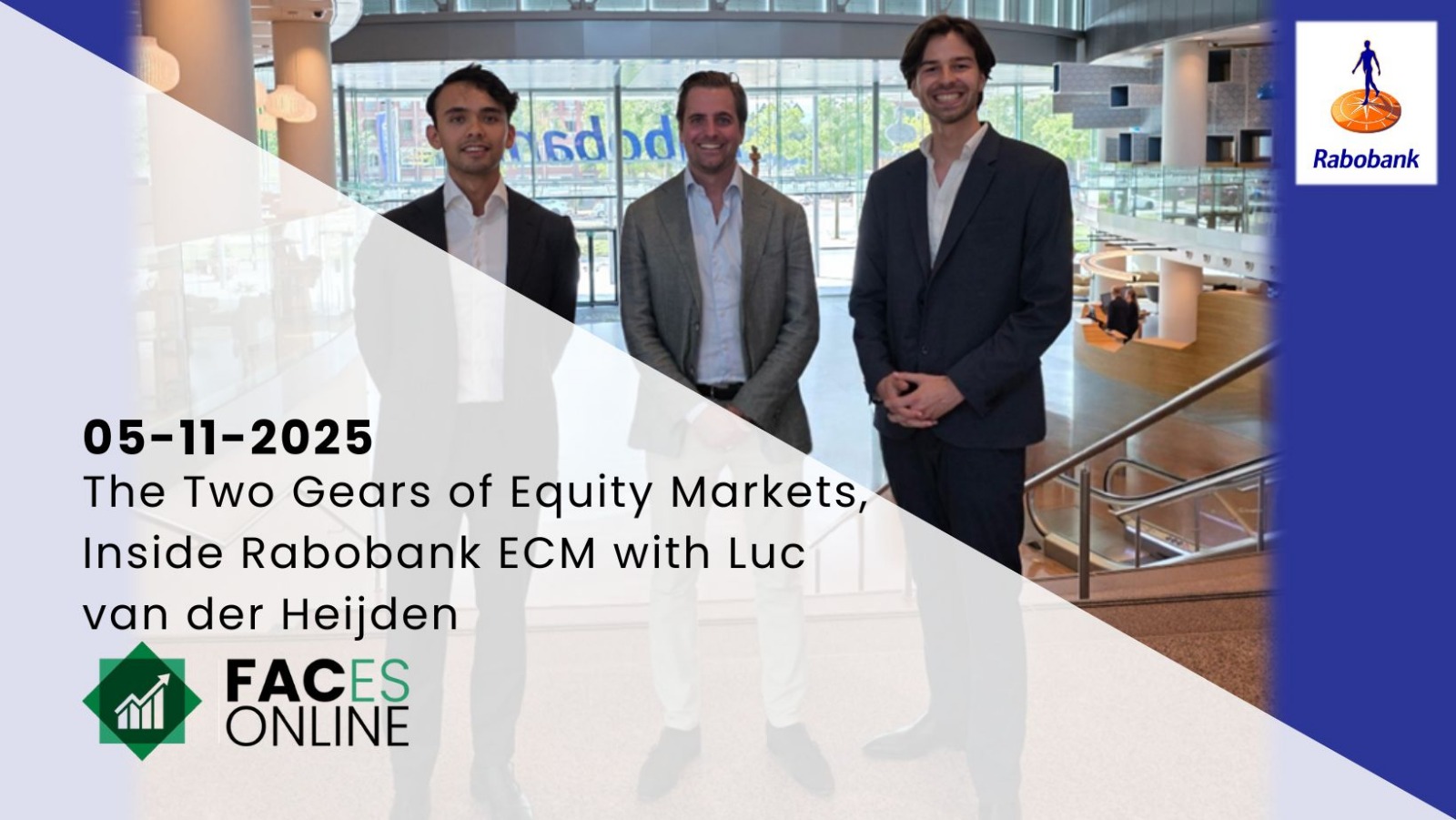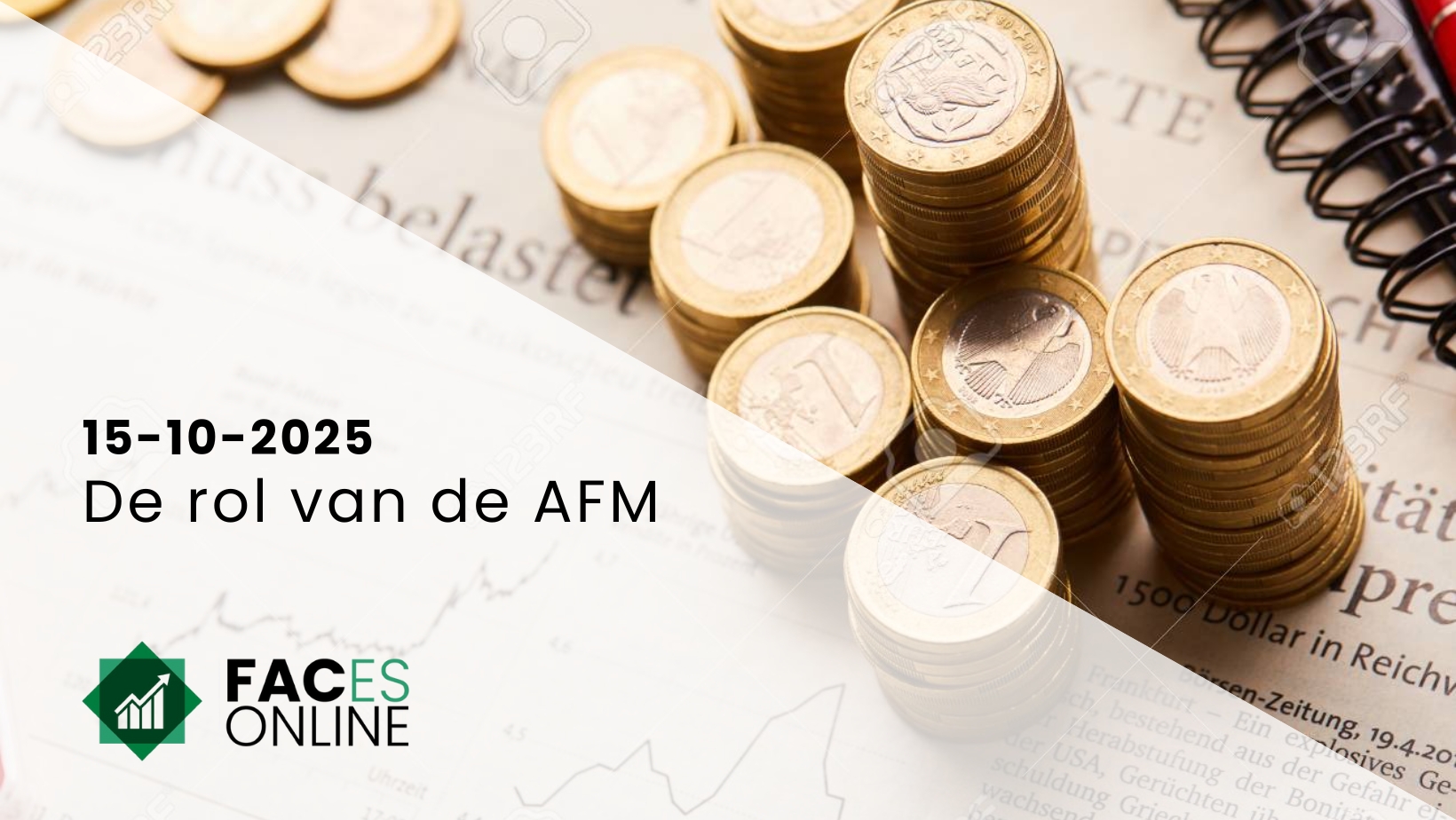From the Goese Lyceum to the Board of Directors of PwC, please tell us about you.
I’m someone who works out of passion, and I have a great sense of responsibility. That’s the reason why I like to do things right and why I don’t give up quickly. The Goese Lyceum is where I went to high school, and after that I studied Business Administration. I started my career at PwC in Bergen op Zoom, and during this period I obtained my RA-title from NIVRA/Nyenrode. My idea was to work at PwC for 3 to 5 years, learn a lot from that organization, and after that do something different. I’m also someone who likes a challenge and personal development is of great importance to me. After a couple of years at PwC, many new opportunities arose from within the firm. This, in combination with the diverse mix of clients, is the reason I’m still working at PwC. My position is comprised of both working with numbers and with people, a combination that still intrigues me. In 2006 I became a partner. My idea was to hold on to that position as long as I still liked it, and I had to be passionate about it. This eventually led me to become Head of Human Capital of the Dutch board of directors and of PwC Europe and EMEA.
What do you think about the combination between working and learning?
Back in the day the working-learning approach was the same as it is now. One works 4 days a week and the other day one goes to school. I’m someone who likes to study topics that are closely related to the work I do. The knowledge I obtained on Friday, I could put into practice on Monday. Working and learning is a tough combination, because you need to prepare for classes and have to work at the same time. It is key to remain persistent and to make decisions. In the end, it proved to be a great combination for me personally.
What does Jolanda Lamse-Minderhoud’s work week look like?
When I started at PwC, I worked at our client’s offices from Monday until Thursday. The teams changed frequently. Sometimes you would start your day at the PwC office, but most of the times you would work at the same client’s office for a couple of weeks. When I look at my agenda now, there is much more variation. It’s important to be able to adjust quickly, because connecting is the keyword of my working week. Last Monday I had a board meeting in Amsterdam, and on Tuesday, I spoke with my international colleagues. Occasionally I catch an airplane, but we are increasingly using new technologies to contact one another. My role within the firm has changed over the years from an executive function to a more strategic one.
What was your main reason for remaining an accountant?
The beauty of being an accountant is that you see many different businesses. Next to that, accountants carry great responsibility by delivering audit reports. The reasons I’m still a partner at PwC is that I was able to develop myself, and because I’m a good fit in the firm’s corporate culture. Personally, I’m very fond of our company’s goal: “Build trust in society and solve important problems!” It’s very important to me that next to my job, I’m able to contribute to society.
Can you name two things you learned during your career?
For me as a person: Don’t give up to quickly, even if you feel resistance or if something seems to fail. Afterwards you be appreciated by either clients or co-workers, so bite the bullet!
The second thing I learned is to look at something from a different perspective. I call it ‘rethinking’. One can translate this to questions such as “why would I want this instead of why wouldn’t I want this?” or “why should I do it instead of nothing doing it?”. If you think in this manner so much more suddenly seems to be possible. Besides that is important to just try it, without being afraid to lose. Nobody ever got something from doing nothing.
The accounting profession has changed enormously. How have you experienced those changes and what are most important developments?
The most notable change has been under scrutiny from society. However, I personally think the profession has become more technical, with a focus on good documentation. Nowadays you have to document really well with whom you had contact, why you made certain decisions, why you think it was the best decision, what the pros and cons are, and that you explicitly mention those in the files. I think an accountant’s value has actually increased because of all the public attention, because everybody sees that the accountant plays a crucial role and that his audit report has special meaning.
Is the profession still interesting for students?
We have to get used to the new reality in which you structure and document your thinking process. Besides that, we also have to transform into the new age of Big Data, with which we are still experimenting. The outside world has not yet have a real answer, because the traditional audit was different. How are you going to put the transformation to use? I think that when we implement all those changes, the profession will still be engaging. You will still be relevant to society, you will still be able to see many different companies, you will work with all kinds of different control systems the clients use, and you will have become very good at structuring and documenting your thinking process. Last but not least: you will still be working with many very interesting people. We have to get over our fear of thinking accountants are not doing their jobs well. The press will always present things somewhat negatively, but in my opinion the accounting profession is still very exciting!
When you look at Human Capital, what has been the biggest change in recent years?
The biggest change we’re working on right now is to go towards a “value driven organization”, in order to live up to our purpose. This means that you define your own and the people’s value within the organization, and subsequently connect it with everything else. It’s about coaching for development, but also about flexibility. I’m always being told that the young generation doesn’t conclude a contract for life. Instead they want to add value, and they ask the question “What’s in it for me?” They also prefer to build a project based relationship with their employers. PwC is trying to satisfy those wishes in such a way that you can still learn and develop yourself. Back in the day I was told exactly what to do, when to do it and until what time you had to do it. Nowadays our people have much more freedom and get all the help they need to be able to get ahead. We are trying to build an environment in which people will be able to do right things for prolonged periods of time. Being healthy, the focus on staying healthy, and the way in which you use all the technological resources with which you can be online 24/7, is a process which really made great improvement the last couple of years. In the past you went home on Friday, and Monday you came back to work. Today you have to explain people that it’s fine to do non-work related things during the weekend and to get some rest. There is nothing wrong with hard work, but sometimes you need to take a step back.
Is the 24/7 availability in some way connected to your position at PwC?
If the organization wants to reach me, that should be possible. On the other hand it doesn’t withhold me from thinking: “I’ll leave it as it is”. That is possible because they can always call me if something happens. I think it depends on your position within the firm. On the board level you need to know when you have to and when you don’t have to look at or reply to something. Everyone needs to find a right balance for himself.
What is your view on the separation between controlling and advisory activities?
An accountant is naturally an advisor. It’s what he was in the past and what he still is now. If you detect certain things, you simply have to report it. That’s still part of the job.
Has the separation also had an impact on the organization?
At PwC people with different backgrounds and with different sets of skills work together in industry groups. Tax advisors for example are often specialized in a certain field or industry. An accountant needs to be able to work together closely with such a person. Therefore it is crucial that an organization like PwC has wide variety of people with certain know-how. We all still depend on one another. That hasn’t changed.
One part of the reform plan is the obligatory oath. What is your opinion about it?
Recently I have also sworn the oath. I think it’s positive in the sense that we have a symbol that shows we are very serious about our profession. The outside world sometimes likes to think that we are not focusing on performing well and maintaining the quality of the audit. By swearing the oath we show dedication, and that we keep to our standards and strive for ever better quality. I’ve always had the feeling that quality is in our genes. The symbolic value to the outside world is a step forward in my opinion, and only confirms what we already knew.
You are currently a board member within PwC. Where do you see yourself in a couple of years?
Unfortunately, I cannot give you a definitive answer. I have never dreamed about of becoming a board member. I might even have never had that ambition. What I appreciate, is that I got so much support and that I got the space I needed to seize new opportunities. When I try to look into the future, I still see myself working at PwC in an interesting and engaging position. I don’t know what role it will be or what it exactly is I will be doing. I live in the present, and as long as I get energy out of my job I will certainly keep going, “I’m a happy person”.
















